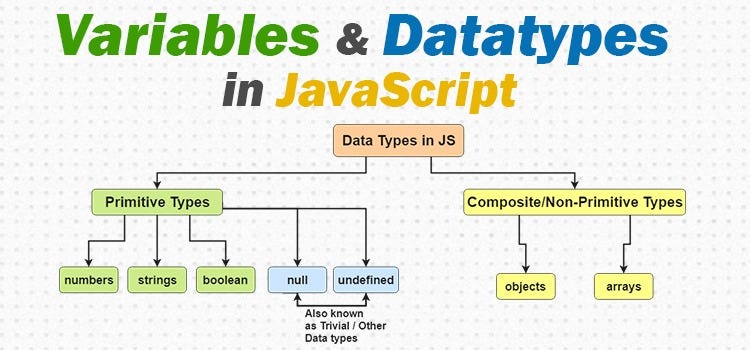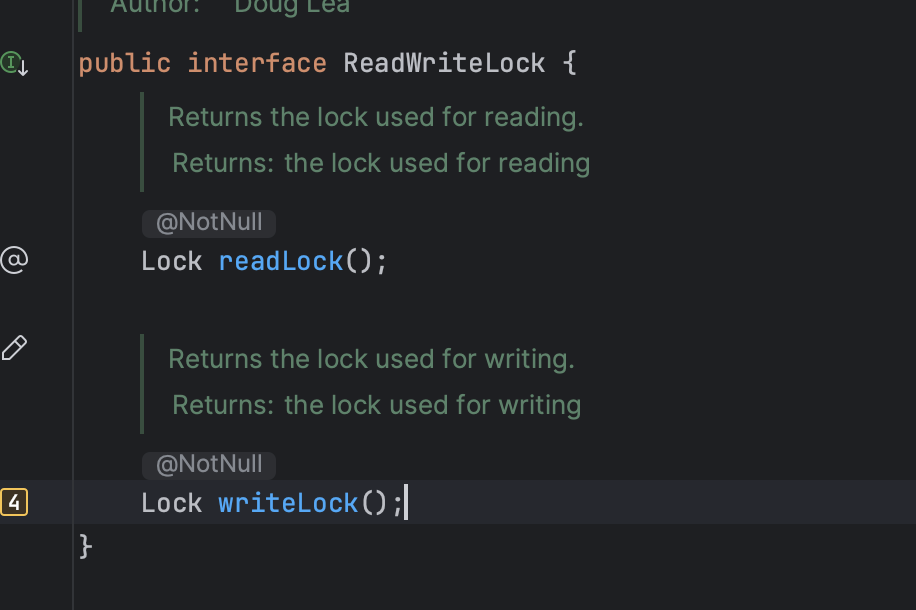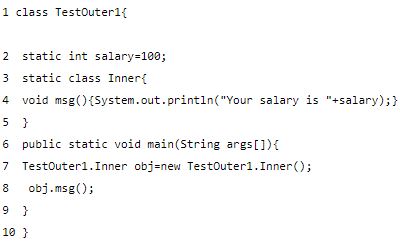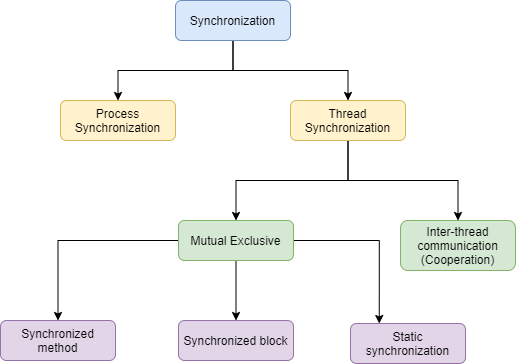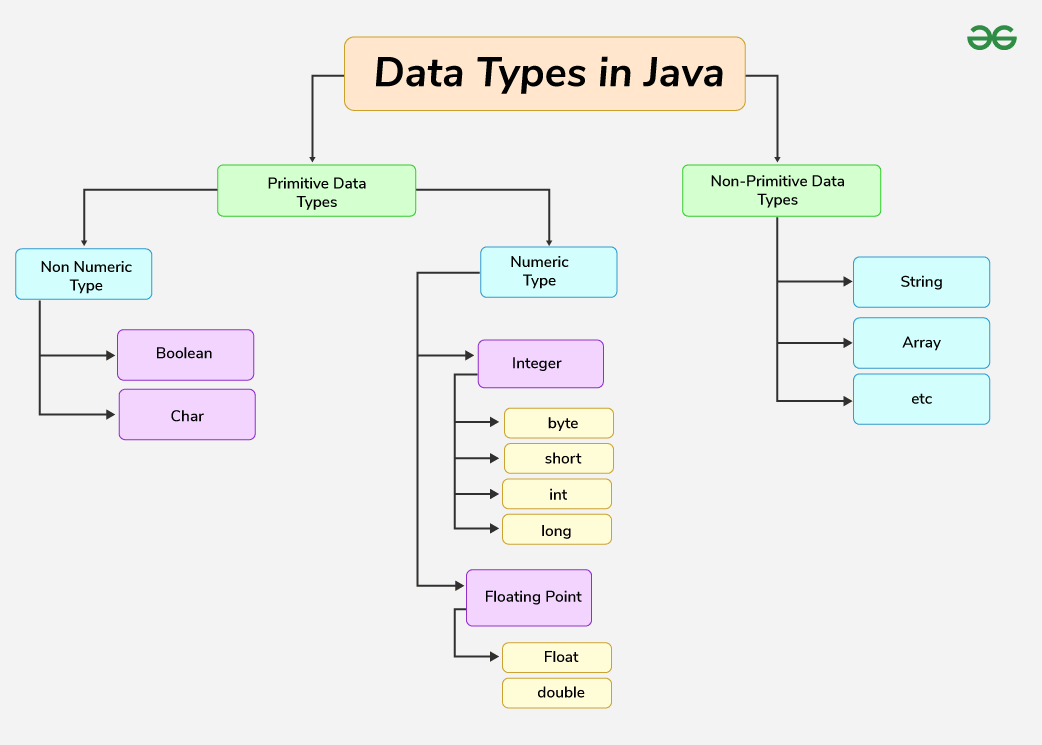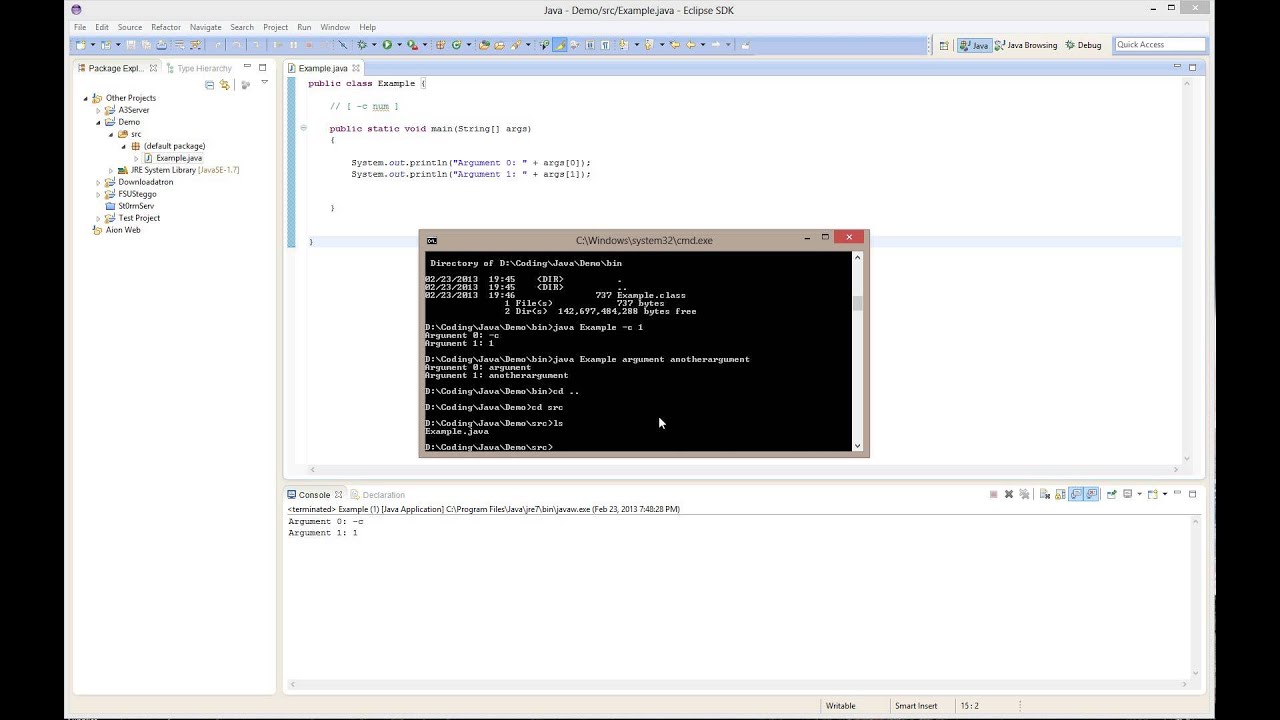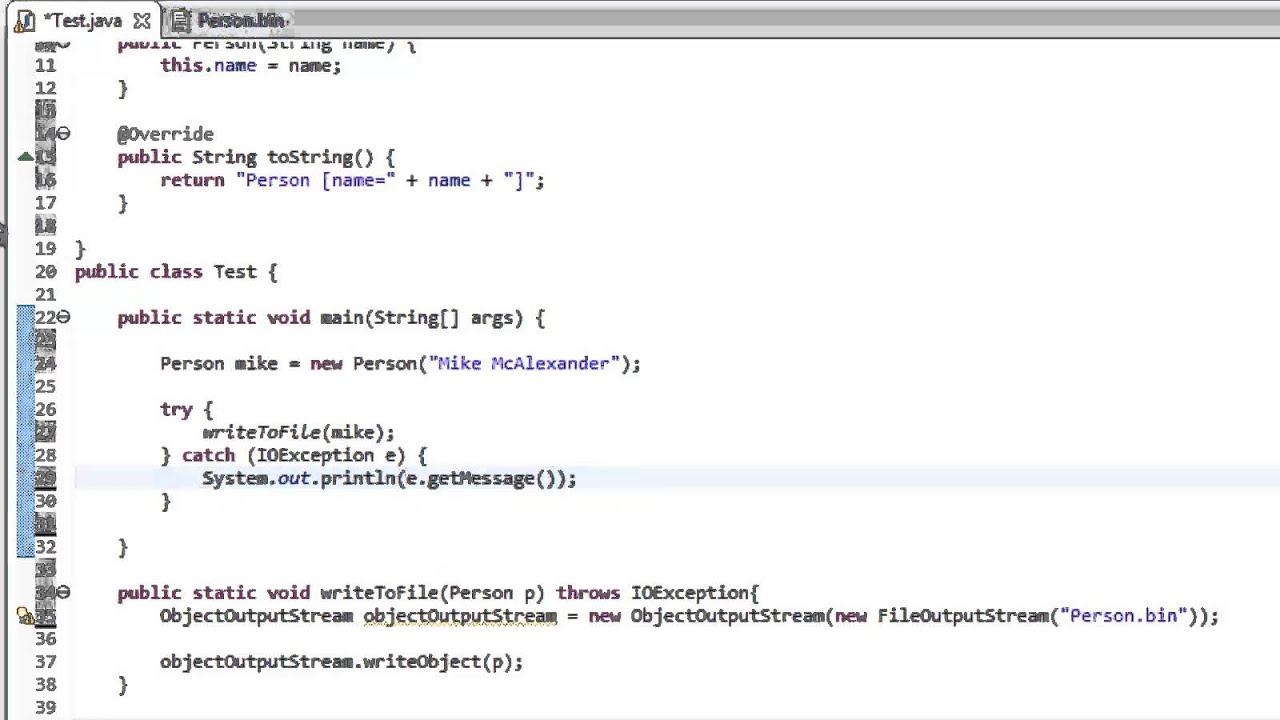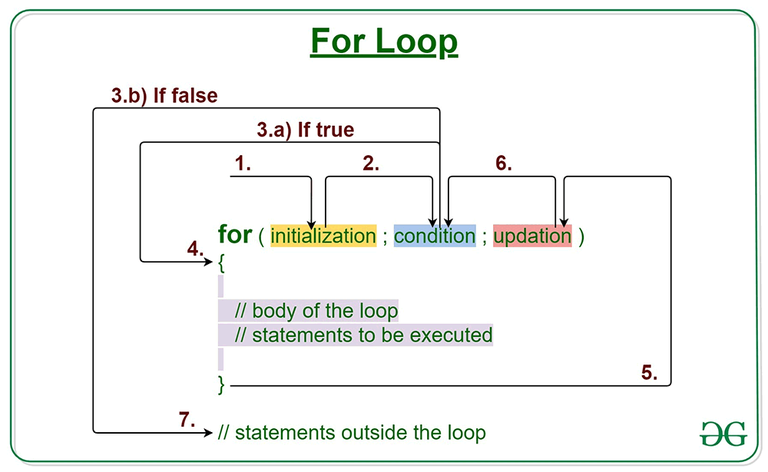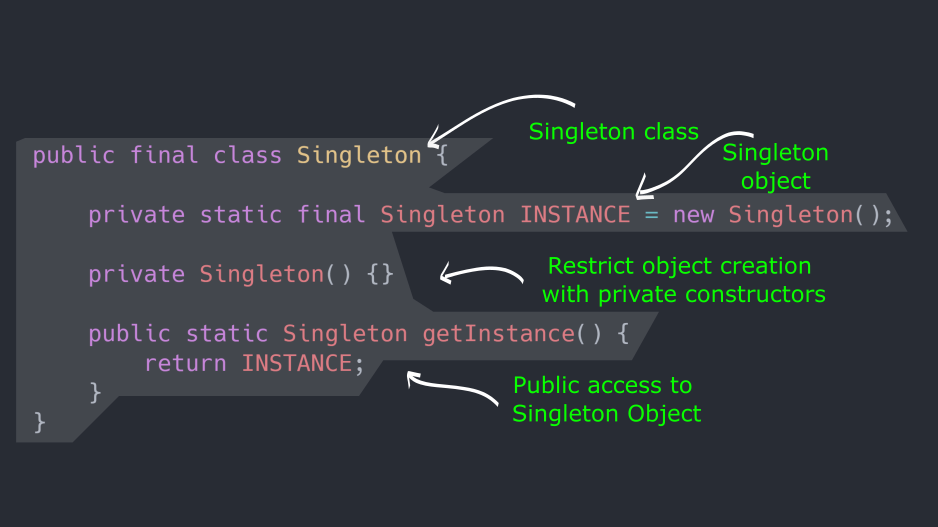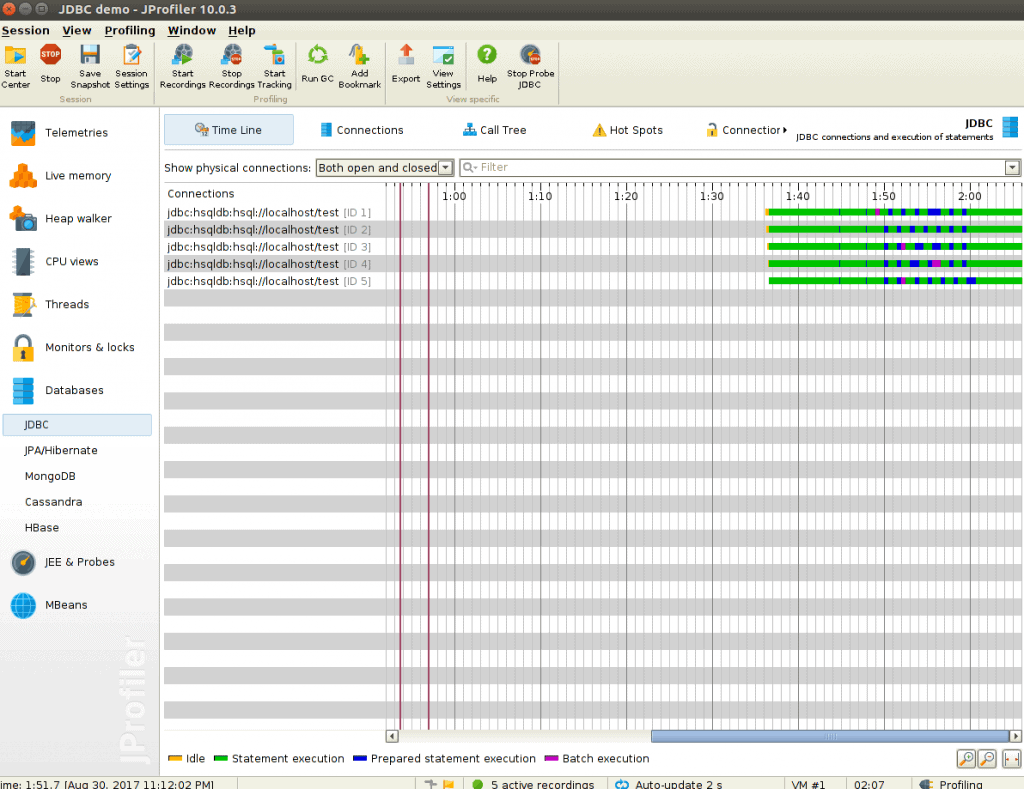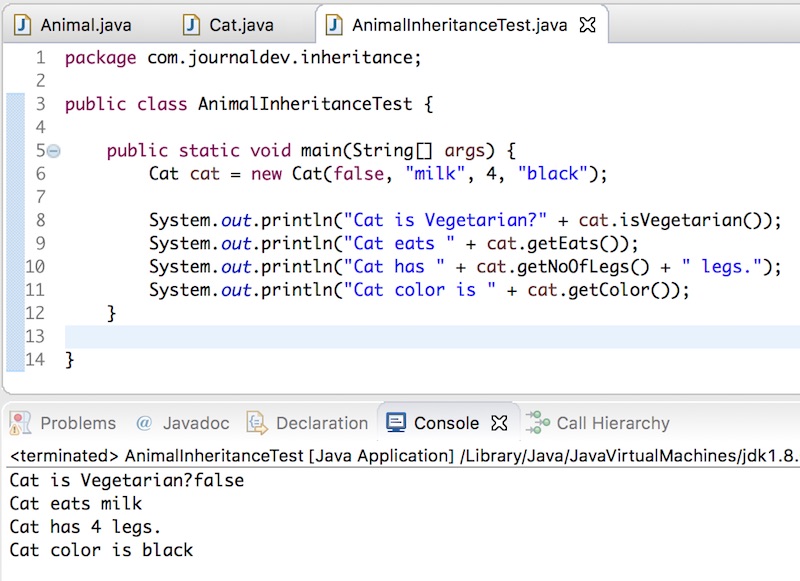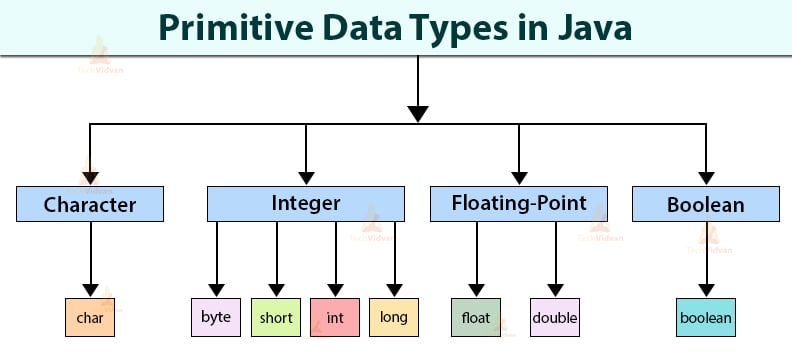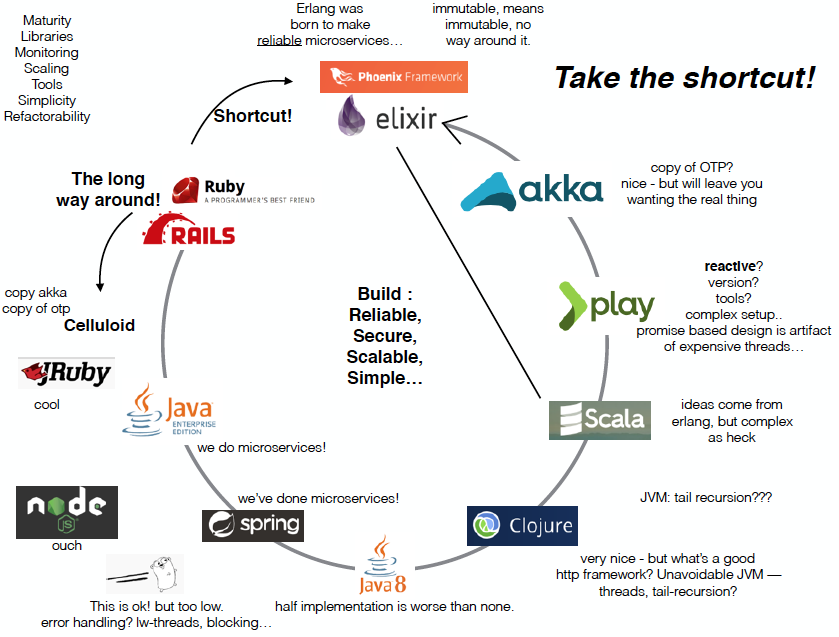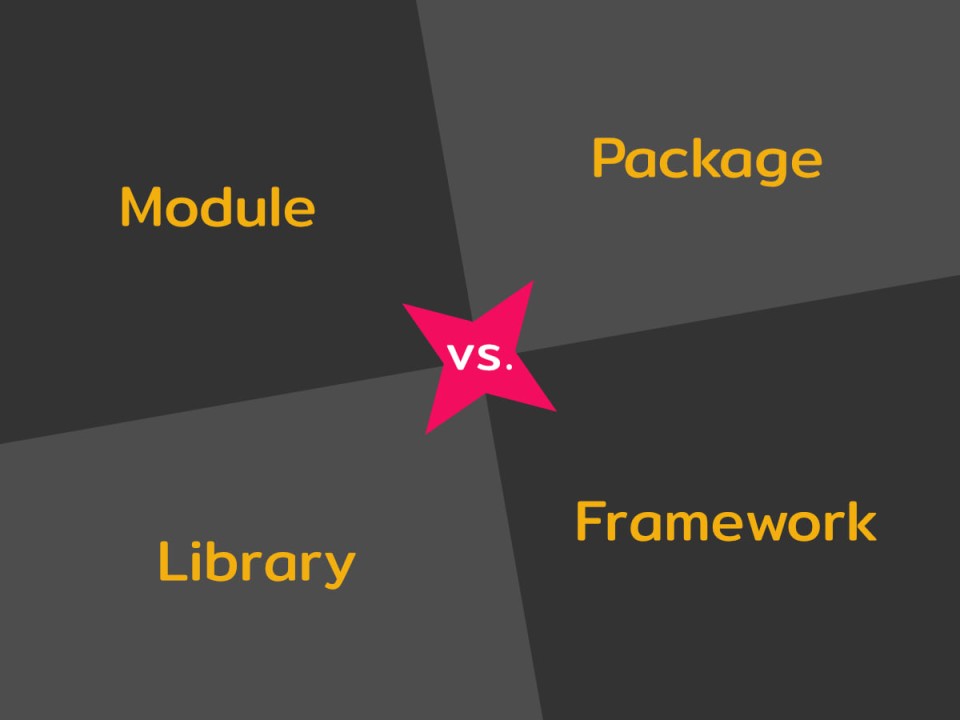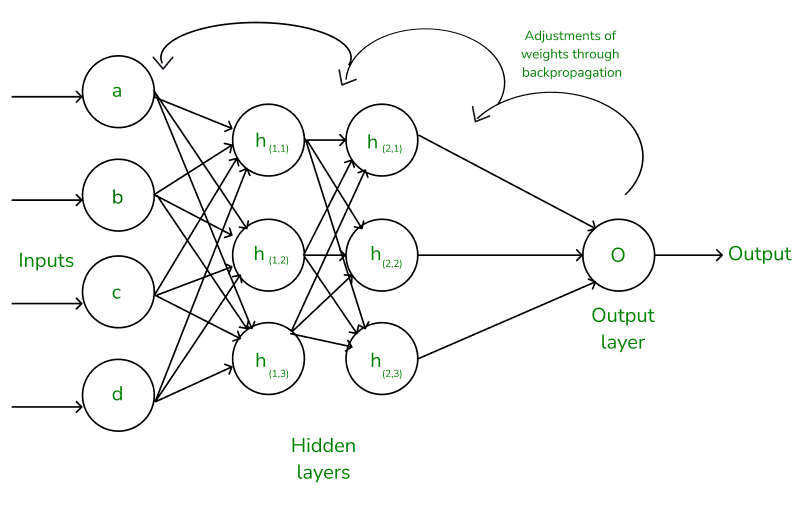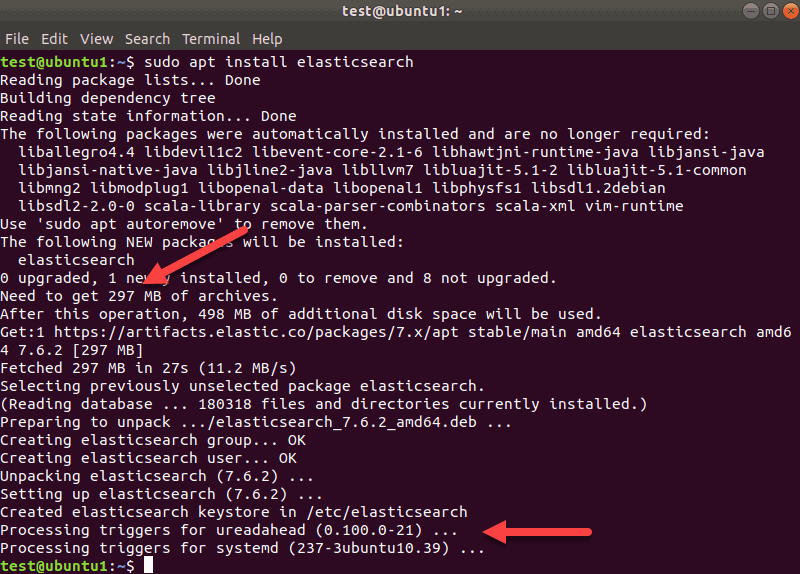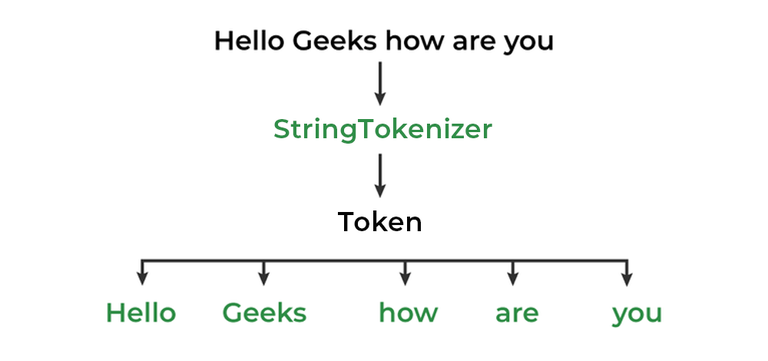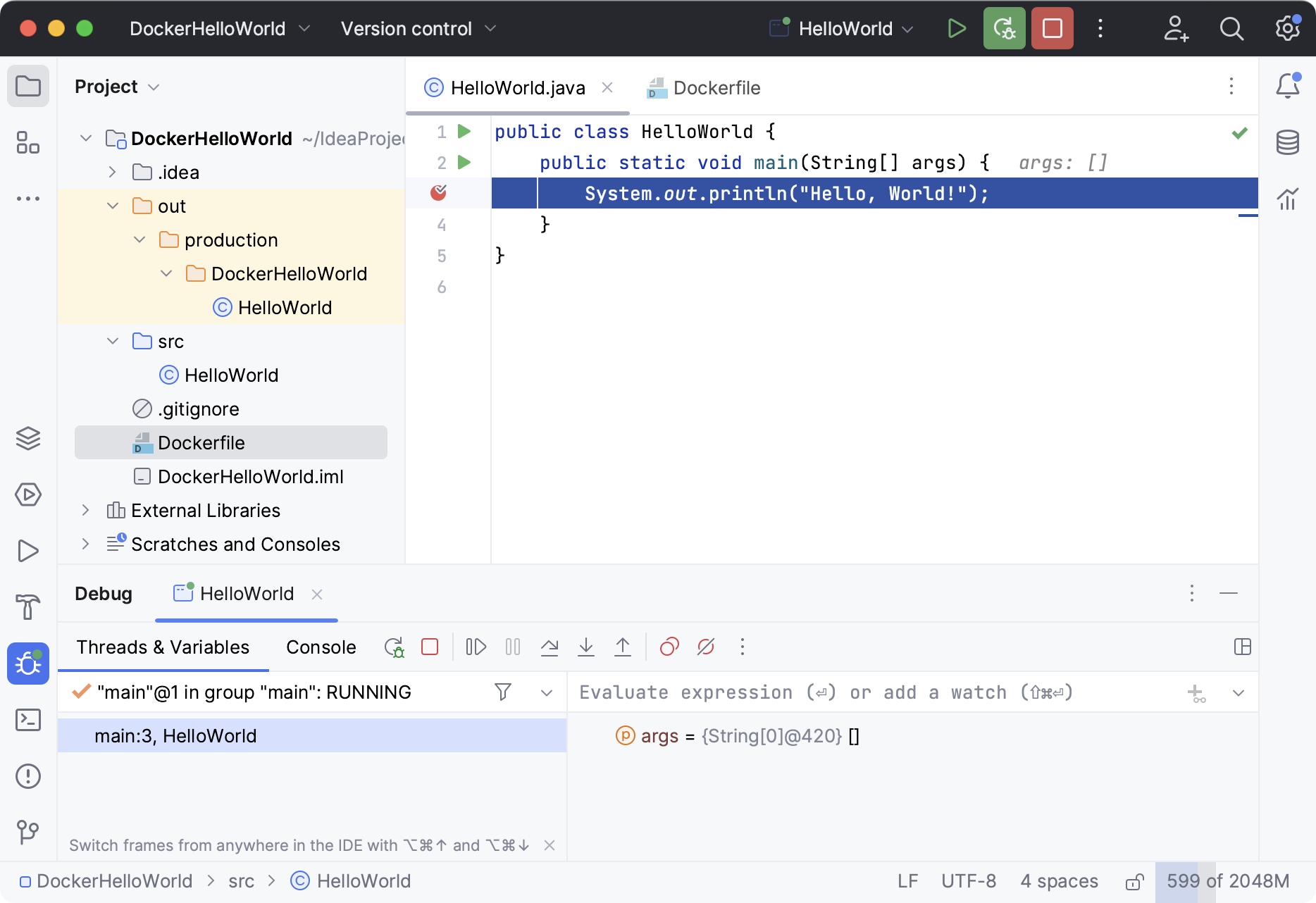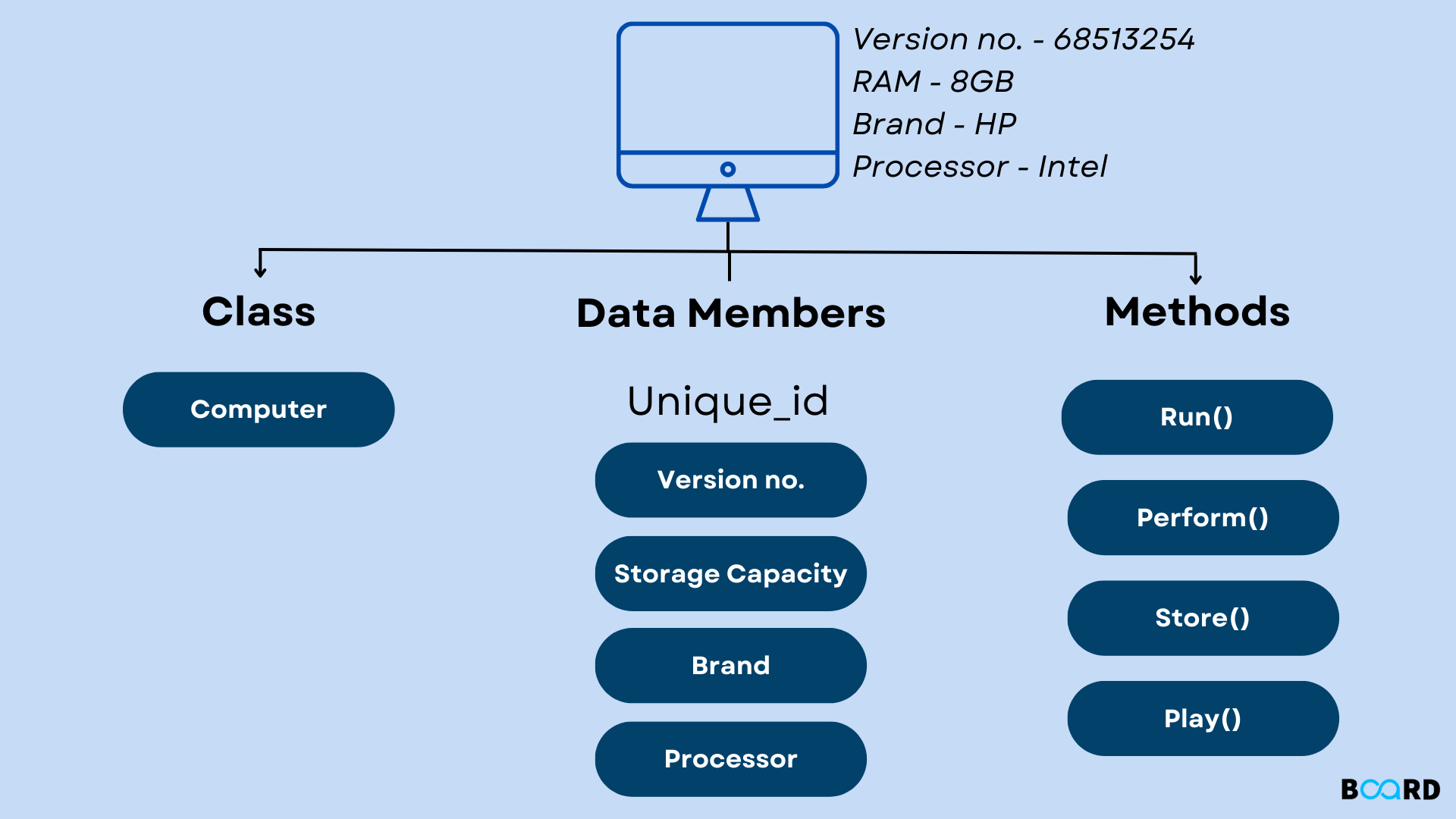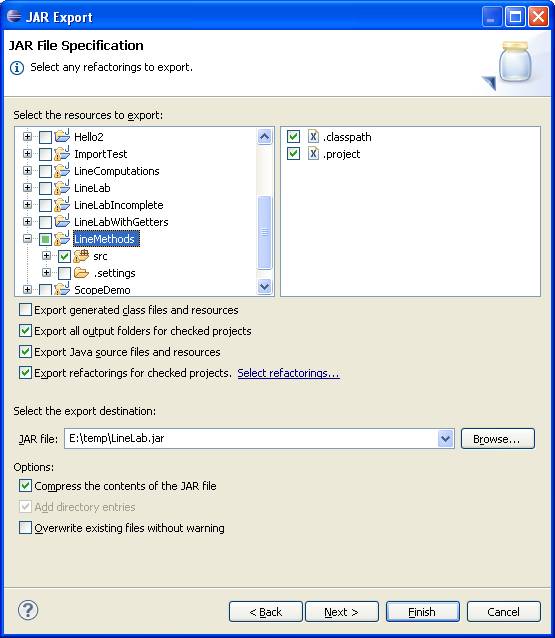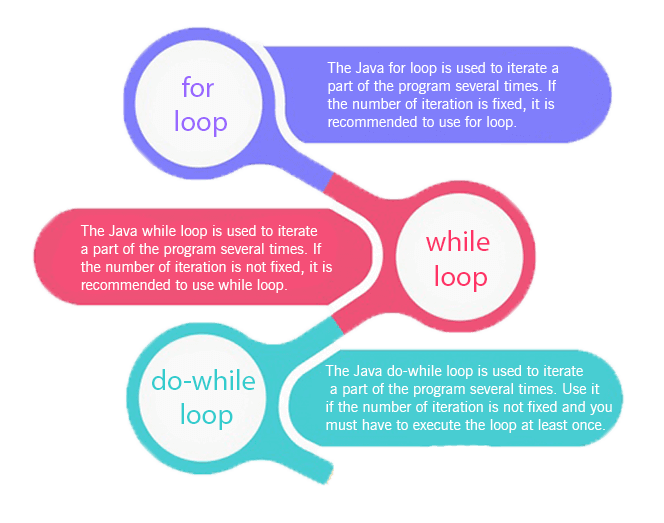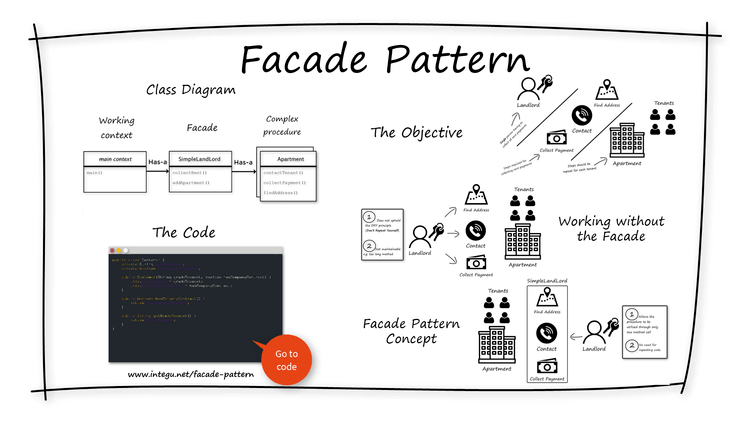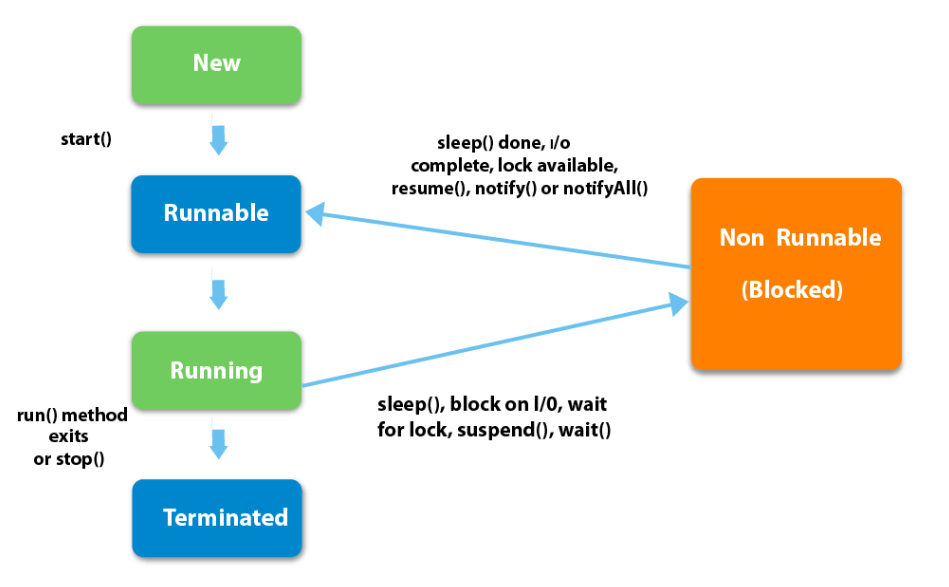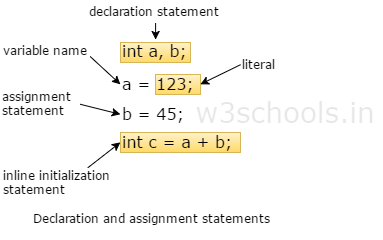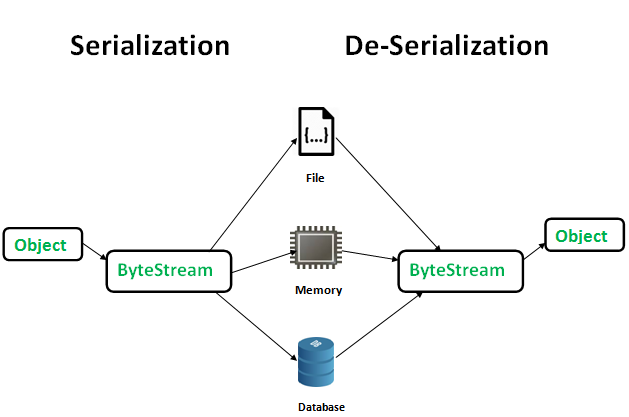Invoke method in Java
Invoke method in Java
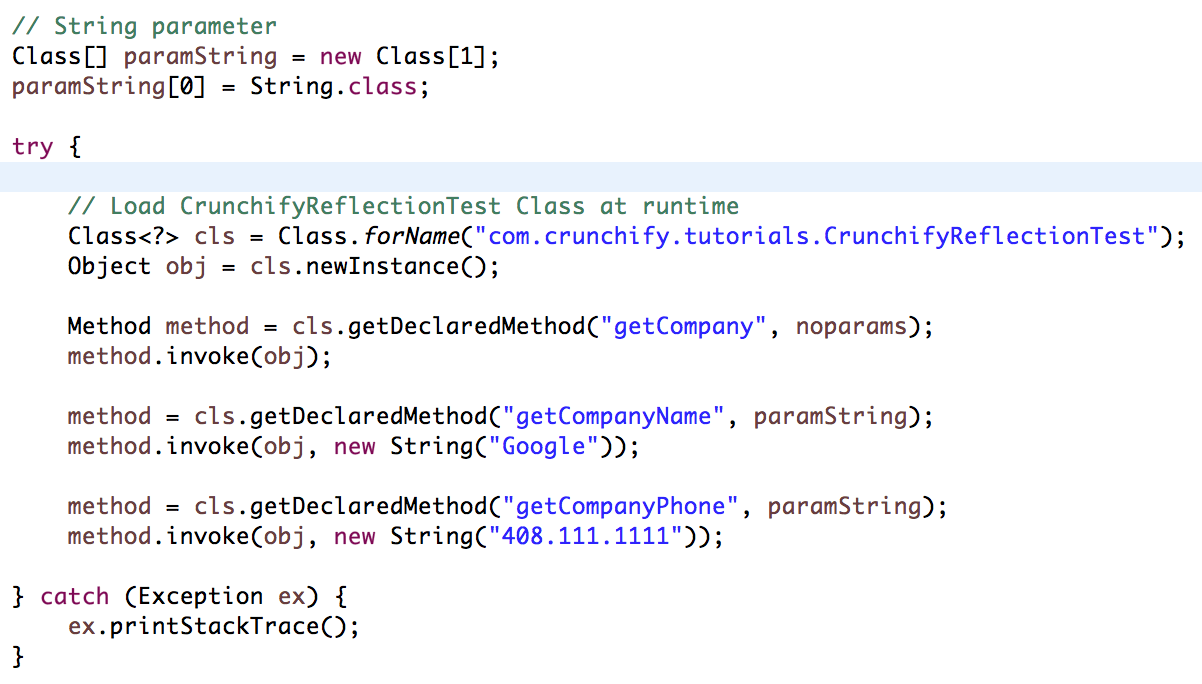
I'd be happy to help you with that! Here's an explanation of the invoke method in Java, along with some examples:
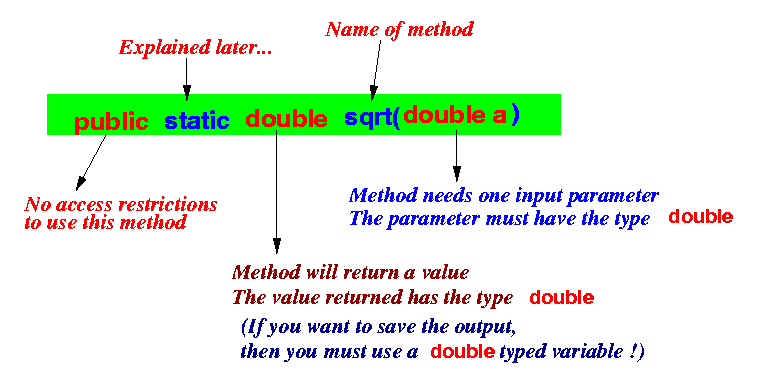
In Java, the invoke method is a part of the Method class and is used to invoke or call a specific method on an object. This method takes two parameters: the first is the object on which the method will be invoked (also known as the target), and the second is an array of arguments that will be passed to the method.
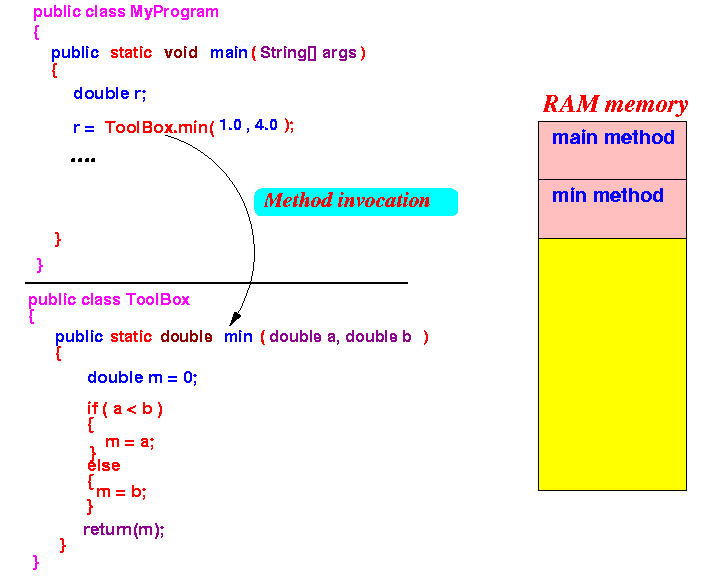
Here's the general syntax:
public Object invoke(Object obj, Object[] args)
The invoke method returns the result of the invoked method. If the method has no return value, the method returns null. If there's a problem with the invocation (such as a null pointer or incorrect number of arguments), the method throws an InvocationTargetException.
Here are some examples to demonstrate how to use the invoke method:
Example 1: Invoking a simple method
public class MyClass {
public void myMethod(String arg) {
System.out.println("Hello, " + arg + "!");
}
}
public class Main {
public static void main(String[] args) {
MyClass obj = new MyClass();
Method method = MyClass.class.getMethod("myMethod", String.class);
try {
method.invoke(obj, "John");
} catch (InvocationTargetException e) {
System.out.println("Error: " + e.getMessage());
}
}
}
In this example, we create a MyClass object and use the getMethod method to get a reference to the myMethod method. We then invoke that method using the invoke method, passing in the string "John" as an argument.
Example 2: Invoking a method with multiple parameters
public class MyClass {
public void myMethod(int x, double y) {
System.out.println("The sum is: " + (x + (int) y));
}
}
public class Main {
public static void main(String[] args) {
MyClass obj = new MyClass();
Method method = MyClass.class.getMethod("myMethod", int.class, double.class);
try {
method.invoke(obj, 5, 3.5);
} catch (InvocationTargetException e) {
System.out.println("Error: " + e.getMessage());
}
}
}
In this example, we create a MyClass object and use the getMethod method to get a reference to the myMethod method that takes two parameters: an integer and a double. We then invoke that method using the invoke method, passing in the values 5 and 3.5 as arguments.
Example 3: Invoking a method that returns a value
public class MyClass {
public int myMethod(int x) {
return x * 2;
}
}
public class Main {
public static void main(String[] args) {
MyClass obj = new MyClass();
Method method = MyClass.class.getMethod("myMethod", int.class);
try {
Object result = method.invoke(obj, 4);
System.out.println("The result is: " + result);
} catch (InvocationTargetException e) {
System.out.println("Error: " + e.getMessage());
}
}
}
In this example, we create a MyClass object and use the getMethod method to get a reference to the myMethod method that returns an integer value. We then invoke that method using the invoke method, passing in the value 4 as an argument. The result of the invocation (which is the return value of the method) is stored in the result variable and printed out.
These are just a few examples of how to use the invoke method in Java. I hope this helps! Let me know if you have any questions or need further clarification.
How to call setter method in java dynamically
Here is the answer:
In Java, you can dynamically invoke a setter method using reflection. Reflection allows you to inspect and modify the behavior of your Java program at runtime.
To dynamically invoke a setter method, you first need to get the Method object for that method using the Class.getMethod() or Class.getDeclaredMethod() methods.
Here's an example:
public class Student {
private String name;
public void setName(String name) {
this.name = name;
}
public static void main(String[] args) throws Exception {
Student student = new Student();
// Get the Method object for the setter method
Class<? extends Student> clazz = student.getClass();
Method setMethod = clazz.getMethod("setName", String.class);
// Dynamically invoke the setter method
setMethod.invoke(student, "John");
}
}
In this example, we first get a reference to the Student class using the getClass() method. Then, we use the getMethod() or getDeclaredMethod() method to get the Method object for the setName(String) setter method.
Finally, we invoke the setter method using the invoke() method and pass in the desired argument value ("John" in this case).
This example demonstrates how you can dynamically invoke a setter method using reflection. You can do something similar with getter methods as well.
You might also find the following reflection APIs useful:
Class.getMethod(String name, Class... parameterTypes) or Class.getMethod(String name, String... parameterTypes) to get the Method object for a method with variable number of parameters. Object invoke(Object obj, Object... args) to invoke the method and pass in the desired argument values. Method[] getMethods() or Method[] getDeclaredMethods() to get an array of all methods (or declared methods) of a class.
Remember that when you're working with reflection, it's always good practice to check for null and handle any exceptions that might occur during runtime.
